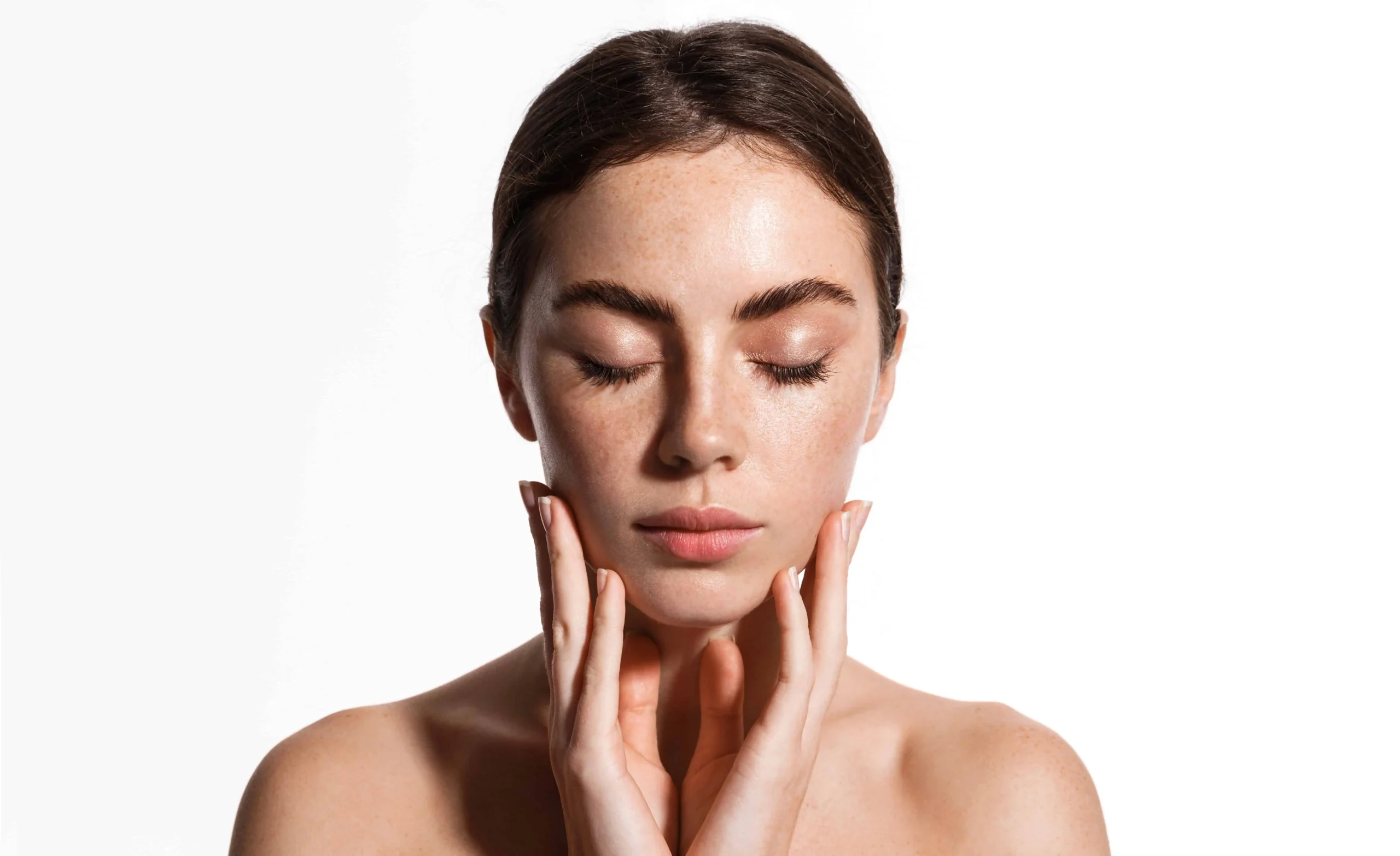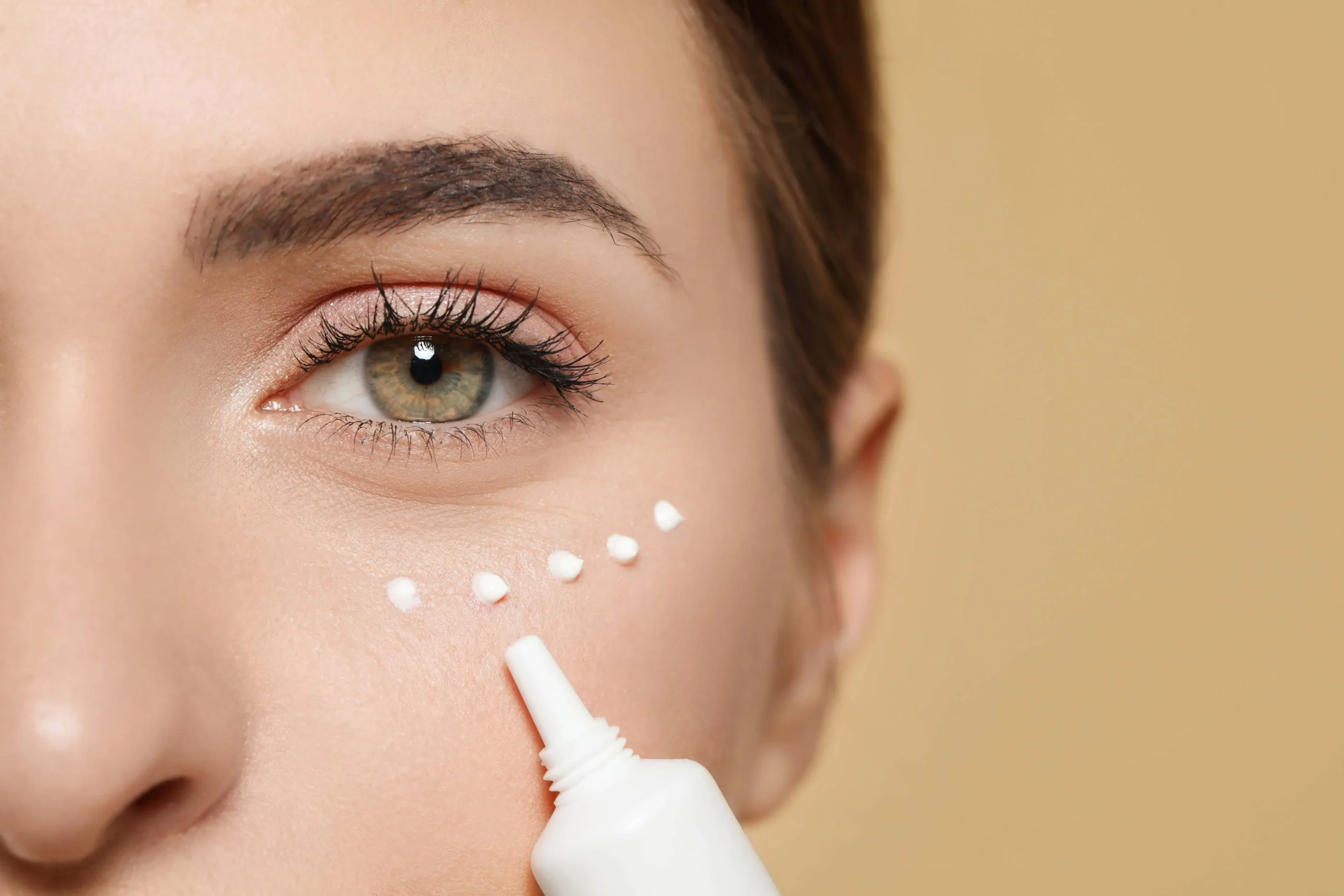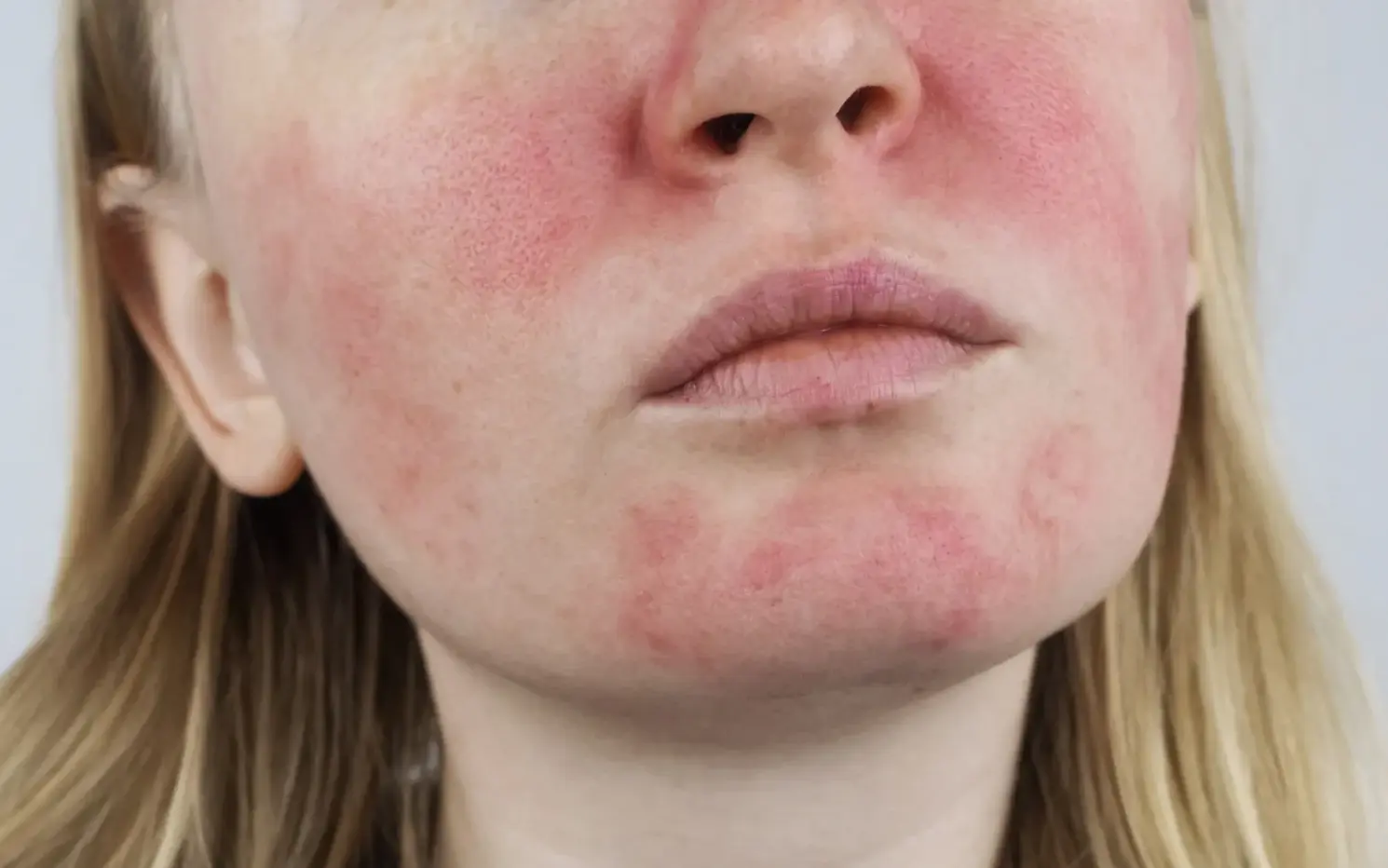Exfoliation can be controversial due to irritation and sensitivity that stems from some ingredients that can be harsh to the skin. We have a few tips to help you get rid of dead skin cell build-up, unclog your pores, and maintain a smooth complexion without unwanted irritation. As we age, our body’s natural cell turnover process decreases which is why weekly exfoliation is so beneficial. We suggest looking into what type of exfoliation product you are using. There are two different types: mechanical exfoliation and chemical exfoliation.
Mechanical exfoliation is typically what you think of when you think of exfoliating. These exfoliators can contain little abrasive particles to physically scrub the dead skin cells off your skin. Other forms of mechanical exfoliation could be tools like brushes, sponges, and dermaplaning. Mechanical exfoliators can cause irritation when too much pressure is applied when scrubbing or if the particles are too big. It is best to gently massage when using a mechanical exfoliator to ensure no irritation or sensitivity. Mechanical exfoliation helps to reduce puffiness by stimulating circulation and promoting blood flow. Manual exfoliating will give you immediate results and leave you with glowing fresh skin.
A chemical exfoliator can also give you fresh skin but these products use gentle acids to remove the dead skin cells. It works on a deeper level than a mechanical exfoliator. It is important to be aware of other products you are using with a chemical exfoliator. It is recommended not to use a chemical exfoliator at the same time as retinol since it can cause more irritation. We commonly see chemical exfoliators contain ingredients such as alpha hydroxy acid (AHA) and/or beta-hydroxy acid (BHA). AHA is water-soluble and is primarily used for hyperpigmentation, uneven skin tones, and fine lines. BHA is oil-soluble and is best used for reducing inflammation and getting rid of acne.
You can use both a mechanical and chemical exfoliator, but we recommend only exfoliating once or twice a week. Too much exfoliation can be harmful to your skin. Consistent, weekly exfoliation helps increase cell turnover, unclogs pores, evens skin tone, prevents acne, and makes other skincare products more effective. Increasing cell turnover helps remove old skin cells resulting in more youthful skin.
If you are looking to add an exfoliating product to your routine, we recommend using our Soyier Skin Nettoyant Exfoliant: AHA/BHA Exfoliating Cleanser that acts as both a mechanical and chemical exfoliator.This foaming, exfoliating cleanser comprised of glycolic acid, salicylic acid, hibiscus petals, and jojoba spheres allows for gentle sloughing of superficial, dead skin cells. This unique formulation has proven to enhance cellular turnover, diminish pore size, smooth the complexion, and refine skin tone, color, and texture. If you are looking for just a mechanical exfoliator, we also have our Pate Exfoliante: Microdermabrasion Paste. Our paste is a supremely effective, non-abrasive, vitamin E and fatty acid-enriched microdermabrasion paste, and essential a workhorse in your skincare routine. By effectively eliminating superficial, flaky, dead skin cells that are adhered to dirt, oil, grease, and grime, you expose your underlying fresh, delicate, and youthful skin.






